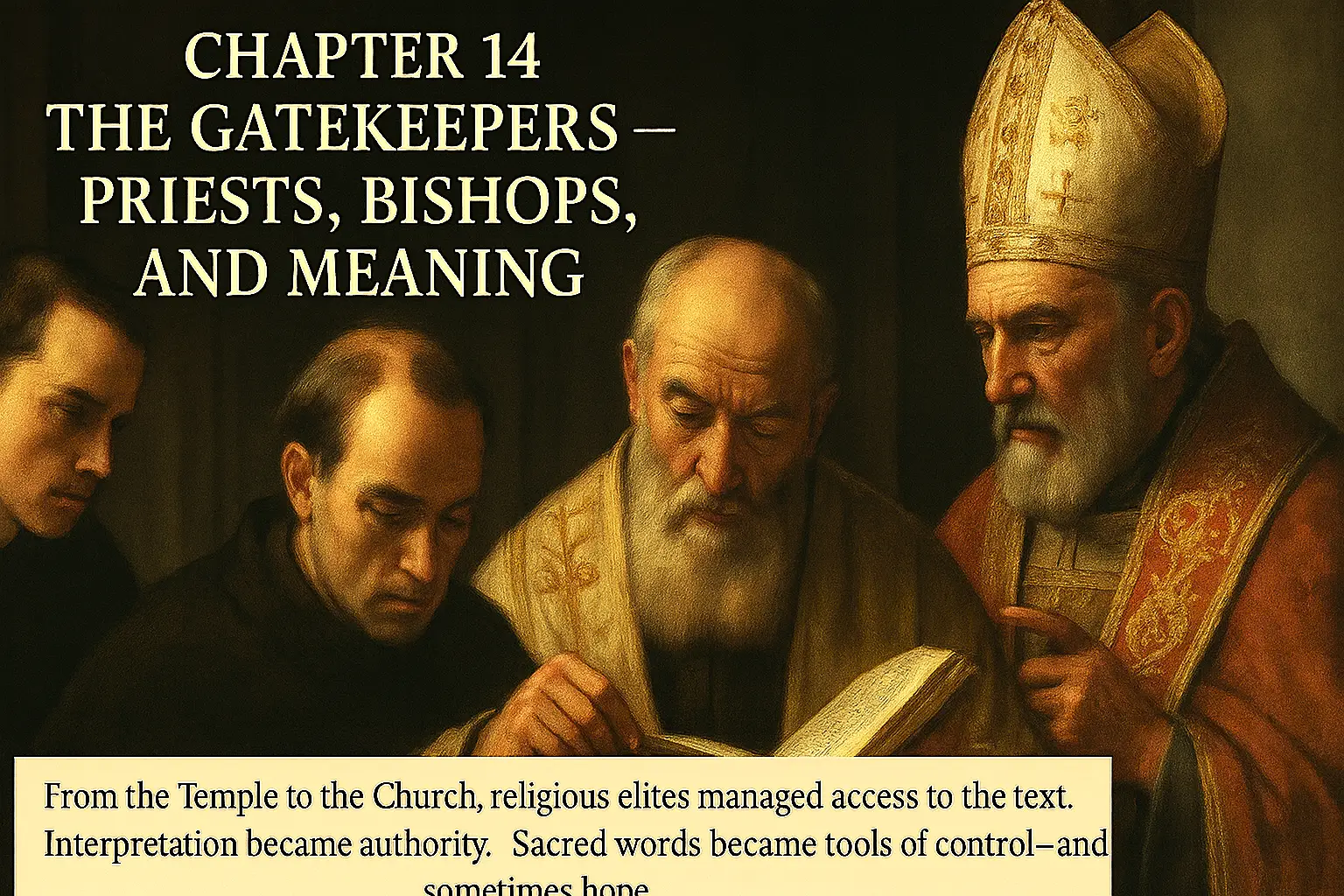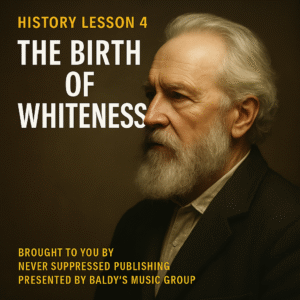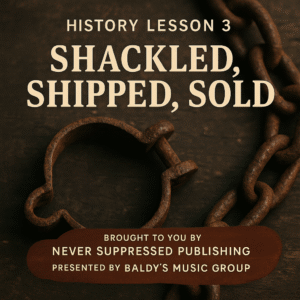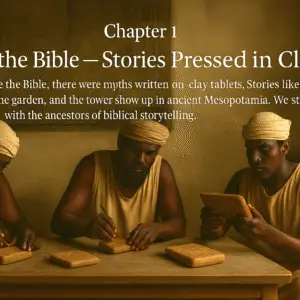Chapter 14: The Gatekeepers — Priests, Bishops, and Meaning exposes the human systems behind religious interpretation.
After the Bible was assembled, its meaning wasn’t left to the reader. It was claimed by a class: priests, rabbis, bishops. These weren’t just spiritual guides. They were institutional gatekeepers.
In ancient Israel, scribes and priests held the scrolls. The people obeyed but didn’t read. In Judaism, rabbis built vast legal commentaries that reshaped scripture through debate and training—closed to the uninitiated.
Christianity followed suit. Once part of the Roman Empire, bishops debated doctrine in imperial councils. Creeds were voted into law. Heretics were silenced.
Most people couldn’t read scripture at all. And when they could, it was often locked in Latin—controlled by the Church, recited without explanation.
This chapter explores:
-
Why access to scripture meant power
-
How rabbinic Judaism turned Torah into a legal system
-
How early Christian councils made theology by vote
-
How the Latin Vulgate became a gate, not a gift
-
What kept people from reading for themselves
Interpretation became identity. And identity was enforced from the top down.
This wasn’t spiritual mystery. It was information control—with divine branding.






Reviews
There are no reviews yet.